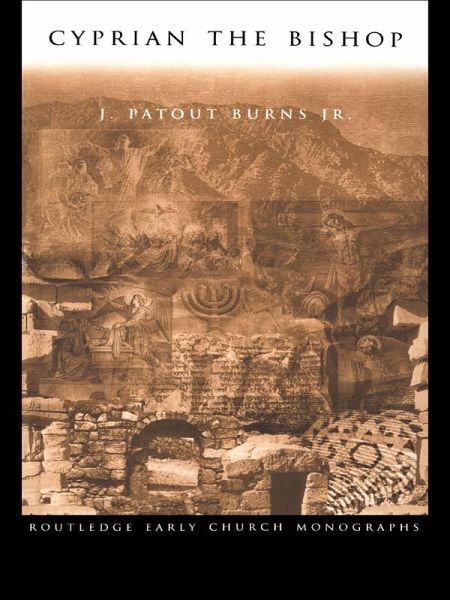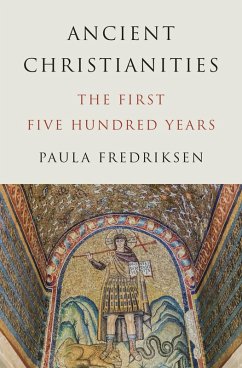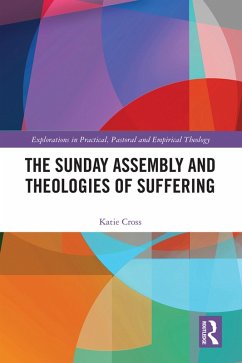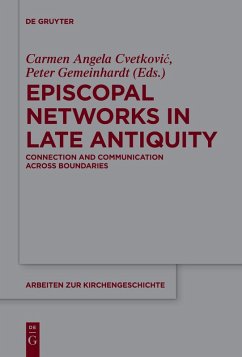
Cyprian the Bishop (eBook, ePUB)
Versandkostenfrei!
Sofort per Download lieferbar
39,95 €
inkl. MwSt.
Weitere Ausgaben:

PAYBACK Punkte
20 °P sammeln!
This is the first up-to-date, accessible study on the rule of Cyprian as the Bishop of Carthage in the 250s AD. It controversially shows that Cyprian radically enforced the primary emphasis on the unity of the church, interpreting loyalty in the community as fidelity to Christ. It uses cultural anthropology to examine the impact of Cyprian's policy during the Decian persecution. Cyprian attempted to steer the middle ground between compromise and traditionalism and succeeded by defining the boundary between the empire and the church. J. Patout Burns Jr. concentrates on social structures to reve...
This is the first up-to-date, accessible study on the rule of Cyprian as the Bishop of Carthage in the 250s AD. It controversially shows that Cyprian radically enforced the primary emphasis on the unity of the church, interpreting loyalty in the community as fidelity to Christ. It uses cultural anthropology to examine the impact of Cyprian's policy during the Decian persecution. Cyprian attempted to steer the middle ground between compromise and traditionalism and succeeded by defining the boundary between the empire and the church. J. Patout Burns Jr. concentrates on social structures to reveal the logic of Cyprian's plan, the basis for its success in his time, and why it later failed. This book will be of great interest to classicists, ancient historians and sociologists as well as theologians.
Dieser Download kann aus rechtlichen Gründen nur mit Rechnungsadresse in A, B, BG, CY, CZ, D, DK, EW, E, FIN, F, GR, HR, H, IRL, I, LT, L, LR, M, NL, PL, P, R, S, SLO, SK ausgeliefert werden.













